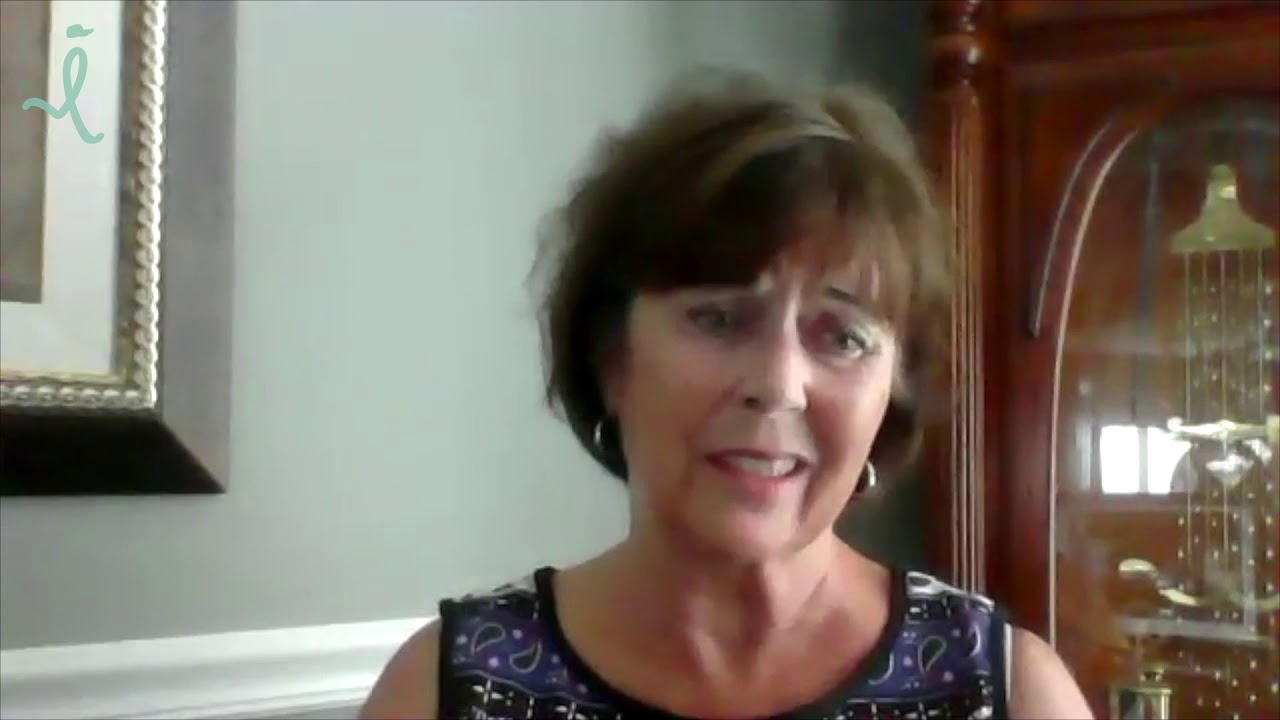Navigating Relationship Changes After a Brain Cancer Diagnosis
April 11, 2024
Receiving a diagnosis of a brain tumor is a life-altering event that not only affects the individual diagnosed but also reverberates through their entire social sphere. Relationships with spouses, family members, friends, coworkers, and acquaintances undergo significant transformations as everyone grapples with the newfound reality. Understanding these changes and navigating them with empathy and open communication is crucial for all involved.
Spouse/Partner: The bond between spouses or partners often faces some of the most profound shifts. The initial shock and uncertainty may bring partners closer together, strengthening their support system. However, as treatment progresses, challenges such as financial strain, role adjustments, and emotional distress can strain the relationship. The caregiving partner may find themselves taking on new responsibilities, leading to feelings of overwhelm and isolation. Open dialogue, seeking support from counselors or support groups, and finding moments of respite can help alleviate the strain on the relationship.
Family: For family members, the diagnosis can trigger a range of emotions, including fear, sadness, and anxiety. Sibling dynamics may shift as attention and resources become focused on the diagnosed individual. Parents may experience guilt or helplessness, struggling to balance caregiving with other responsibilities. Additionally, conflicts may arise regarding treatment decisions or differing coping mechanisms. Family therapy or regular family meetings can provide a safe space for everyone to express their feelings and work through conflicts constructively.
Friends: Friendships may evolve in unexpected ways after a brain tumor diagnosis. Some friends may step up as primary sources of support, while others may withdraw due to discomfort or uncertainty about how to offer help. The diagnosed individual may find themselves reevaluating friendships, seeking out those who offer genuine empathy and understanding. Friendships that endure often deepen, built on a foundation of shared vulnerability and resilience. However, it’s essential to communicate openly with friends about needs and boundaries, as well as to recognize that not everyone will respond in the same way.
Coworkers: Balancing work and health becomes a delicate juggling act for individuals diagnosed with brain tumors. Coworkers may offer varying levels of support, ranging from heartfelt concern to awkward avoidance. The diagnosed individual may face challenges such as decreased productivity, cognitive impairments, or the need for extended leave, which can strain professional relationships. Transparent communication with supervisors and colleagues about limitations and accommodations is crucial for maintaining a supportive work environment. Educating coworkers about the diagnosis and treatment process can also foster empathy and understanding.
Acquaintances/People Around Them: Interactions with acquaintances and people in the broader community may become fraught with discomfort or pity. Well-intentioned but insensitive comments can exacerbate feelings of isolation and otherness. The diagnosed individual may feel pressured to constantly reassure others or conceal their struggles to avoid making others uncomfortable. Establishing boundaries and asserting agency over how much information to disclose can help preserve a sense of autonomy and dignity. Surrounding oneself with understanding and compassionate individuals who respect boundaries can mitigate the negative impact of societal stigma.
In conclusion, a brain tumor diagnosis sends ripples through all aspects of a person’s life, reshaping relationships in profound ways. While some relationships may falter under the weight of uncertainty and stress, others may emerge stronger, grounded in mutual support and understanding. Effective communication, empathy, and a willingness to adapt are essential tools for navigating these changes and fostering resilience within both the individual and their social network.
